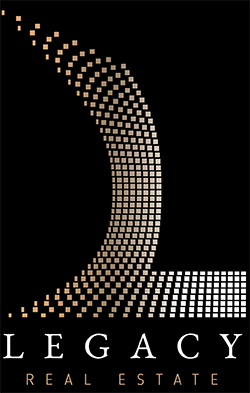

The property market in Dubai offers a wide variety of buildings that satisfy every need and desire, from glistening residential towers to expansive commercial complexes. With some of the most opulent projects on the planet, like Downtown Dubai and Palm Jumeirah, the industry has drawn global investors.
There is an endless demand for homes, stores, workplaces, and hotels due to quick urbanization and population growth. Developers have therefore been working hard to satisfy this need by continuously advancing the fields of architectural design and building technology.
The sustainability journey of Dubai is not confined to singular projects or campaigns. The Dubai Sustainable Development Plan, an all-encompassing policy covering multiple industries, including real estate, supports it.
The plan intends to improve environmental stewardship, decrease carbon emissions, boost energy efficiency, and support renewable energy sources. Setting the standard for other cities and guaranteeing its long-term financial stability and livability, Dubai is making sustainability a top priority in the property sector.
Sustainability in the real estate industry refers to the process of building infrastructure and properties in a way that minimizes adverse effects on the environment, preserves natural resources, and fosters social cohesion. It entails finding a balance between environmental responsibility and economic prosperity. Because Dubai wants to protect its distinct ecology and provide its citizens with a sustainable future, sustainability has grown into a crucial component of urban development in the city.
It is impossible to exaggerate the importance of environmentally friendly practices in real estate. Developers may lessen the effects of climate change and reduce energy usage and carbon emissions by implementing sustainable methods.
Moreover, by enhancing air quality and reducing exposure to harmful materials, using green building techniques creates healthier living spaces for residents. Because sustainable buildings use less energy and water during their lifetime, they also typically have lower operating expenses.
Guidelines and certifications that assist in gauging the environmental outcomes of real estate developments have been produced by numerous international organizations. The U.S. Green Building Council's (USGBC) Leadership in Energy and Environmental Design (LEED) accreditation is one well-known example.
Site selection, water conservation, materials used, interior environmental quality, and innovative design are just a few of the factors that are evaluated by LEED. The Building Research Establishment Environmental Assessment Method (BREEAM) accreditation is another noteworthy one. It was developed in the UK but has acquired respect across the globe.
BREEAM evaluates aspects such as social value generation, ecological impact evaluation, waste management techniques, and energy efficiency. "Estidama," which translates to "sustainability" in Arabic, is the local certification scheme that Dubai has created.